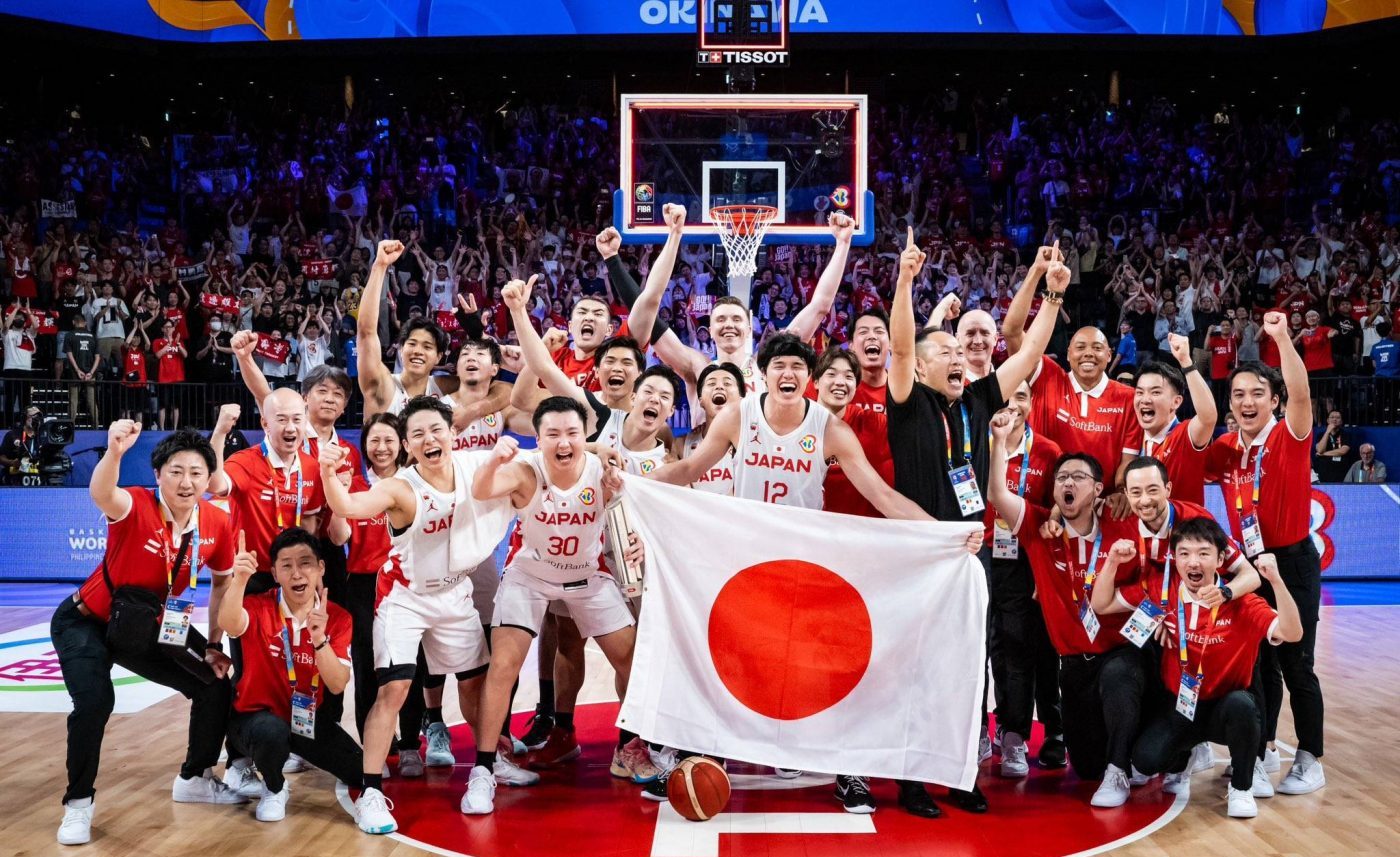
The countless Rising Sun flags waving wildly in the stands at the Okinawa Arena were emblematic of the great accomplishment. Japan's men's national basketball team had proved itself best in Asia with three wins in five FIBA Basketball World Cup games. It thereby qualifies for the 2024 Paris Olympics.
Japan appeared in the Tokyo Olympics (in 2021) because it was the host nation. This, however, will be the first time since the Montreal Olympics 48 years ago that its men's basketball team will compete in the Olympics based on its own proven ability.
During the Basketball World Cup, the Japanese team kept the crowds on the edges of their seats throughout with its dramatic wins. Two of Japan's three victories were upsets and one was a narrow escape. Plaudits for the victories go of course to the players and the coaching staff. But the vocal support from fans also provided a big boost.
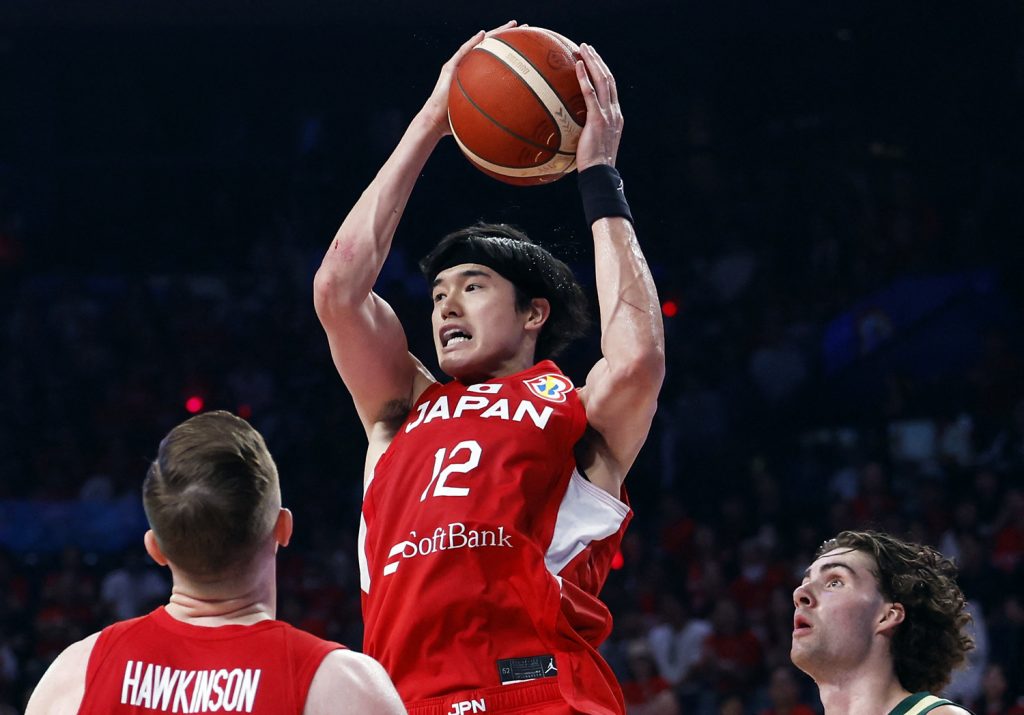
A Boost for Basketball in Japan
Basketball competes with soccer for the top spot in the world in terms of the number of competitors. But Japan has struggled in the sport in the past because of the importance of players having the kind of physique best suited to the game.
Moreover, in Japan two separate leagues — the National Basketball League (formerly known as the Japan Basketball League or JBL) and bj-league, formed in 2005 — had coexisted for a decade. Despite calls from the International Basketball Federation (FIBA) for them to unify, the two groups stubbornly followed their own courses.
Then the Japan Basketball Association (JBA) was suspended in 2014, and the men's and women's national teams were banned from international competition. Saburo Kawabuchi, a former J.League and Japan Football Association chief executive, who was brought in from the soccer world to become president of the JBA, displayed hard-nosed determination and succeeded in leading the consolidation of the bj-league and NBL into the B.League. As a result, the suspension from international competition was lifted in 2015.
The new B.League follows the J.League's founding model and requires that participants have a home base with a capacity of at least 5,000 people and a youth team.
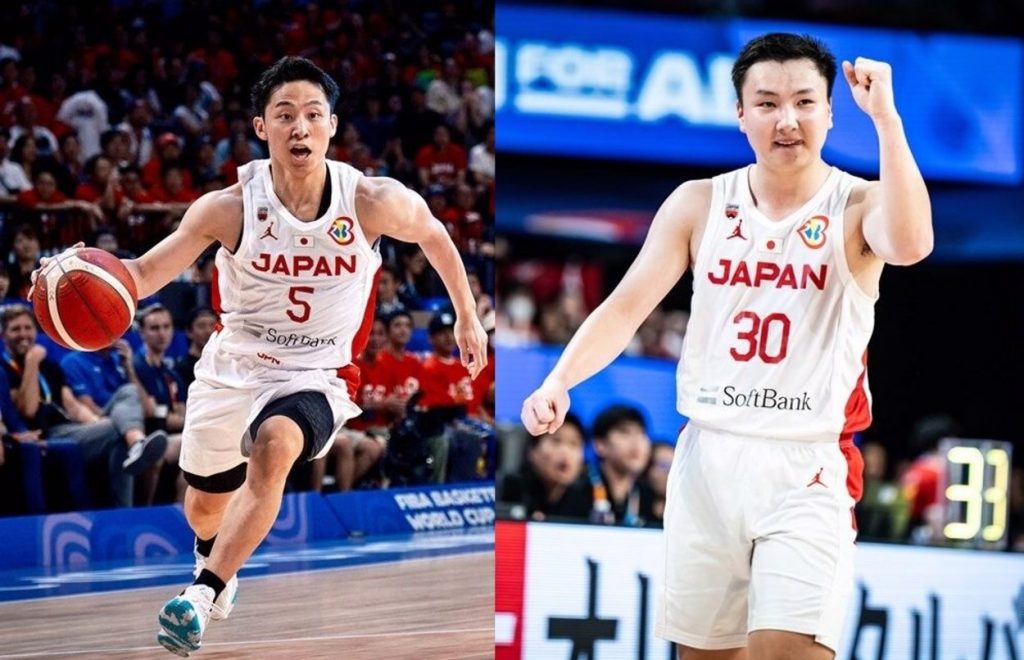
The 2023 FIBA Basketball World Cup
In line with this policy, Okinawa City built the 8,500-seat Okinawa Arena in Koza Athletic Park. That was the facility where one of three venues for the first and second rounds of the Basketball World Cup (Jakarta and Manila were the others) took place.
It is also the hometown gymnasium of the Ryukyu Golden Kings. In May, with the enthusiastic support of their hometown fans, the Golden Kings, who made their debut in the bj-league in 2007, won the B.League championship. It's fair to say that the passion of Okinawa residents for basketball was fully displayed in the enthusiastic support they gave to the national team.
Amidst the joyous celebration, Kawabuchi praised coach Tom Hovasse, who, after leading the Japan women's basketball team to a silver medal at the Tokyo Olympics, revived the struggling men's team. He also praised Yuko Mitsuya, who came from the volleyball world to succeed him as JBA president. The drama in Okinawa resulted from the support and history of Japan's entire sporting world.
Looking Toward Paris
Of course, in Paris, the Japanese team will not enjoy a home arena advantage. The Japan men's team will certainly have to up its game if it wants to compete with the best in the world.
We'll be looking forward to seeing the results of that effort.
RELATED:
- Japan Qualifies for the Paris Olympics with a Basketball World Cup Win Over Cape Verde
- Yuta Watanabe Vows to Keep Playing for Japan National Team
- Basketball World Cup: Top Individual Scorers in the First Round
(Read the editorial in Japanese.)
Author: Editorial Board, The Sankei Shimbun

Nagoya Basho Tournament Records
| Day | Opponent | Result |
|---|












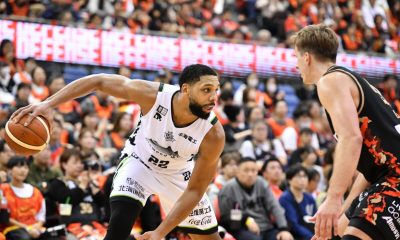

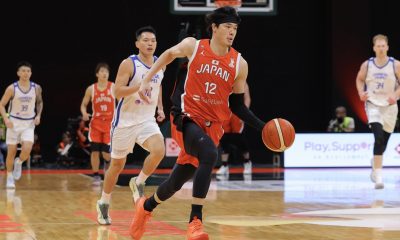

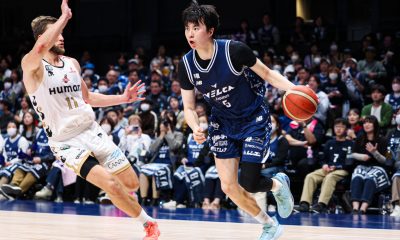

You must be logged in to post a comment Login